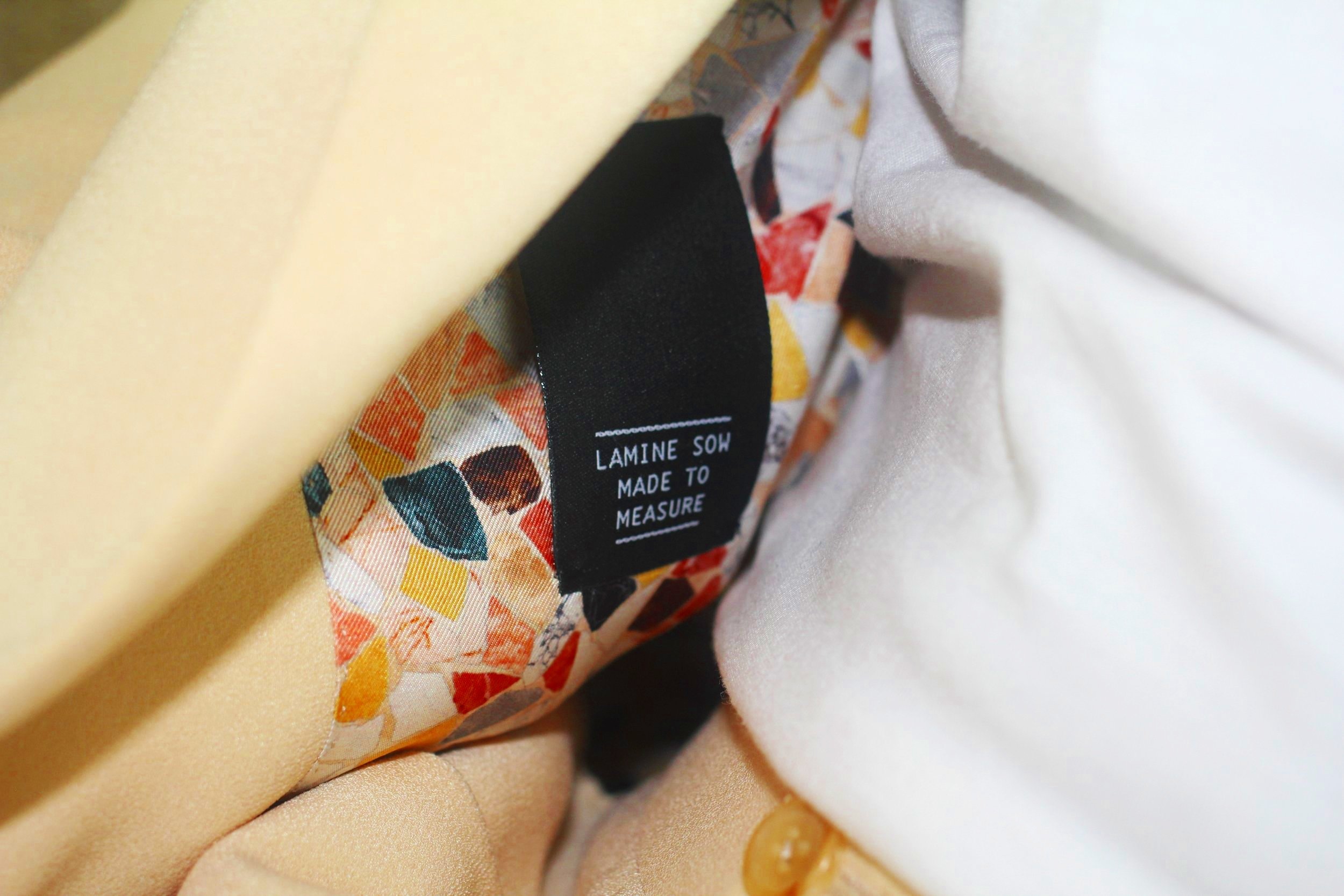Is There Space for Smaller Brands in Fashion?
By Christian Wabenga / JULY 31, 2024
In an era dominated by mass consumption, where retail giants and luxury powerhouses dominate, we asked ourselves: Is there any more space for smaller, independent fashion labels?
According to Vogue Business, the answer is yes. These smaller brands are driving a transformative change in the fashion industry, advocating for a more sustainable future. This shift involves not only changes in production methods but also in consumer behavior. While consumers are increasingly willing to alter their habits, major brands—from fast fashion to luxury—struggle to make meaningful progress. In contrast, emerging quiet luxury labels are setting new standards for slow fashion, emphasizing ethical and inclusive practices that prioritize social and environmental responsibility.
These independent brands demonstrate remarkable agility, crafting distinctive pieces rooted in unique core values. They are at the forefront of sustainable fashion, using eco-friendly materials and maintaining transparency in their supply chains.
For example, the Belgian luxury denim brand HNST operates on a circular model, producing high-quality denim that challenges the fast fashion mentality. HNST’s jeans are made from recycled denim and Greek cotton, with recyclable buttons and labels made from OEKO-TEX certified paper. Even the fabric coating is entirely natural, exemplifying a commitment to sustainability.
Other labels embrace the made-to-order or custom-made approach, a model that has gained traction, especially since the pandemic. This method allows for customization and personalization, tailoring products to the customer’s preferences, and reducing waste by producing only what is needed.
Successful small-scale brands have managed to carve out their niche despite the competition. Through strong digital marketing strategies and a clear brand identity, they have effectively engaged customers. Brands like Tolu Coker, which merges British-Nigerian influences with a commitment to quality tailoring, ethical practices, and inclusivity, are prime examples of this success.
By adopting these models, smaller brands can reduce both waste and costs, producing based on actual demand and minimizing overproduction.
So, is there space for smaller brands in the fashion industry? Absolutely. In fact, these brands are not just finding space—they are redefining the industry. Through innovation, sustainability, and a deep commitment to their core values, independent fashion labels are not only surviving but leading a quiet revolution. While larger brands struggle to adapt to changing consumer demands, these fresh values-driven brands are setting new standards for what fashion can and should be. This shift suggests that the future of fashion may very well be shaped by those who are small but mighty—those who dare to challenge the status quo and, in doing so, could very well save the fashion industry from itself.


